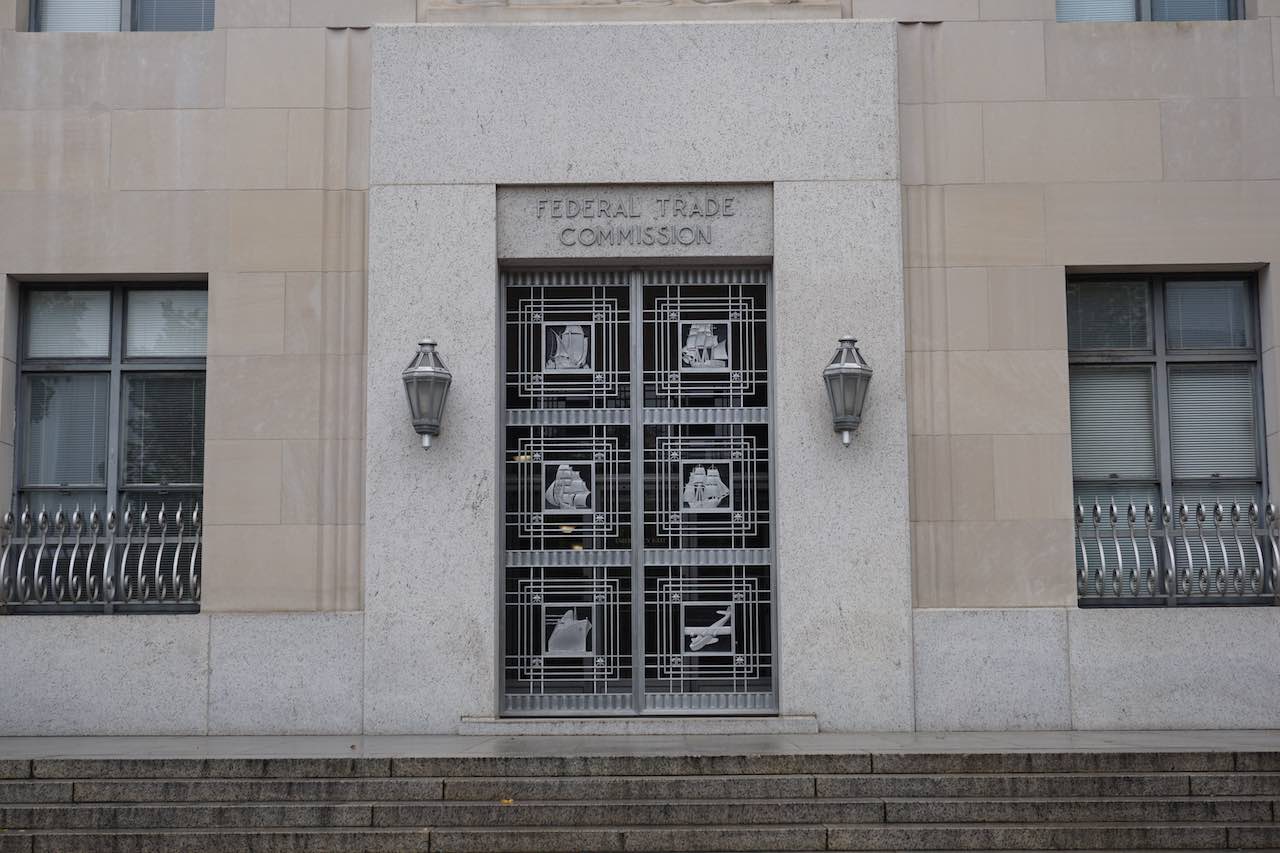In February 2020, the Federal Trade Commission announced that it is seeking public comment on whether to make changes to its Endorsement Guides (the “Guides”) as part of the FTC’s regular review of current FTC rules and guides. Last amended in 2009, the Guides are intended to ensure that advertising using endorsements or testimonials comport with the FTC Act.
The Guides, amongst other things, state that when there is a connection between an endorser and a seller of an advertised product that could affect the weight or credibility of the endorsement, the connection must be clearly and conspicuously disclosed.
The FTC is seeking input on a number of issues, including:
- The effectiveness of the Guides;
- Whether consumers have benefitted from the Guides;
- The impact the Guides have, if any, have had on the flow of truthful information to consumers;
- Whether changes in technology or the economy require changes to the Guides;
- Whether information contained in the document “The FTC’s Enforcement Guides: What People Are Asking” should be incorporated into the Guides;
- The manner and extent of sdvertisers’ and endorsers’ disclosure of unexpected material connections in social media;
- Whether children are capable of understanding required disclosures;
- Whether incentives (e.g., free or discounted products) bias consumer reviews even when a favorable review is not required to receive the incentive, and whether or how those incentives should be disclosed;
- Whether composite ratings that include reviews based on incentives are misleading even when reviewers disclose incentives in the underlying reviews;
- Whether the Guides should address the use of affiliate links by endorsers; and
- What disclosures advertisers or operators of review sites need to make about the collection and processing of publication of reviews to prevent them from being deceptive or unfair.
Commissioner Rohit Chopra issued a separate statement addressing issues such as whether companies paying for undisclosed influencer endorsements and reviews are held fully accountable for unlawful activity, recent enforcement and next steps for the Federal Trade Commission.
Commissioner Chopra supports a close and careful review of the Guides and a critical analysis of the FTC’s enforcement approach. “After reviewing the public’s comments, I hope the Commission will consider taking steps beyond the issuance of voluntary guidance, including: (i) developing requirements for technology platforms (e.g. Instagram, YouTube, and TikTok) that facilitate and either directly or indirectly profit from influencer marketing; (ii) codifying elements of the existing [Guides] into formal rules so that violators can be liable for civil penalties; and (iii) specifying the requirements that companies must adhere to in their contractual arrangements with influencers, including through sample terms that companies can include in contracts.,” FTC lawyer Chopra states. “The FTC will need to take bold steps to safeguard our digital economy from lies, distortions, and disinformation.”
Takeaway: The Guides evolved from the regulation of celebrity endorsements and testimonial advertisements, to the regulation of social media advertising. At their core, the Guides require transparency in advertising relating to the disclosure of material connections, especially where such connections could potentially affect the weight or credibility of the endorsements. Consult with experienced FTC defense attorneys with respect to compliance with the Guides, the remedies traditionally sought by the FTC for non-compliance, how the FTC perceives “astroturfing” and how the agency is likely to respond in the event it is made aware of advertising disguised as authentic endorsements or reviews, or if you have received a civil investigative demand (“CID”).
Richard B. Newman is an FTC lawyer at Hinch Newman LLP. You can find him on Twitter @ FTC defense lawyer and on Facebook @ FTC defense attorney.
Informational purposes only. Not legal advice. May be considered advertising material.




